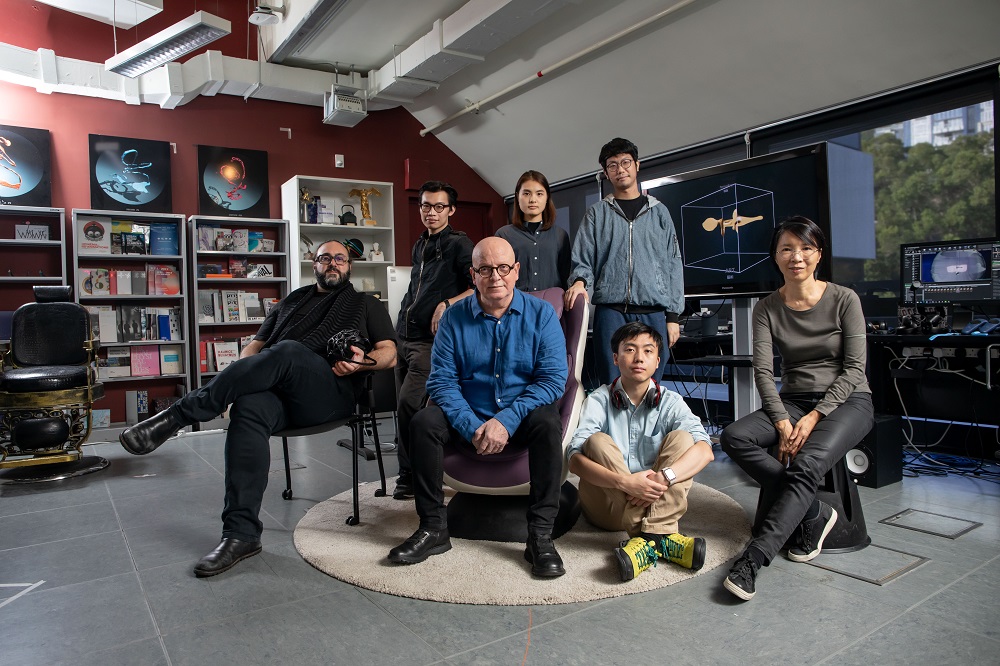Novel soft tactile sensor with skin-comparable characteristics for robots
A joint research team co-led by City University of Hong Kong (CityU) has developed a new soft tactile sensor with skin-comparable characteristics. A robotic gripper with the sensor mounted at the fingertip could accomplish challenging tasks such as stably grasping fragile objects and threading a needle. Their research provided new insight into tactile sensor design and could contribute to various applications in the robotics field, such as smart prosthetics and human-robot interaction.



